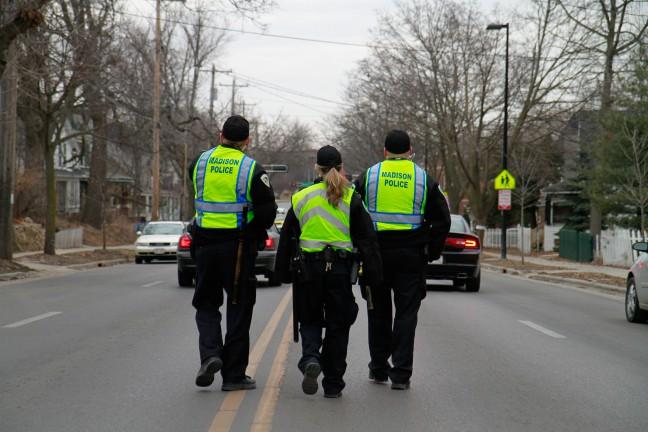A former Madison resident pleaded no contest Friday to second-degree reckless endangerment and explosives possession charges after chemicals and some explosives were found in his apartment last year.
The prosecutor said in a sentencing memorandum that Brian Campbell was planning to attack the University of Wisconsin campus. His lawyers say that is unproven, though, according to the Wisconsin State Journal.
Campbell’s apartment was found containing chemicals and materials used to make pipe bombs a year ago.
In a memorandum filed ahead of Campbell’s sentencing hearing Friday, Assistant District Attorney John Rice wrote that Campbell had also searched the internet for instructions on how to make explosives and downloaded videos on the process, WSJ reported.
“It seems impossible to ignore the fact that the defendant’s conduct strongly resembled the precursors and/or preparations needed to complete an act of domestic terrorism,” Rice wrote in the memorandum.
Campbell also drew maps that represented the tunnels between buildings on the UW campus. The maps had specific locations circled. Rice wrote Campbell mapped out enough of the underground tunnel system to have easily planted an explosive there.
According to the memorandum, Campbell’s anger at the university stemmed from an incident in 2016 when he was charged for battery for choking a colleague at the Wisconsin Union sailing club Hoofers.
Campbell’s attorney Tracey Wood is investigating whether Rice’s memorandum constitutes a breach of the plea agreement reached between prosecutors and Campbell.
“We believe Judge Crawford will sentence based upon those facts to which Brian admitted and for which he accepts full responsibility and not upon mere speculation,” Wood told WSJ.
He previously pleaded no contest in January. Prosecutors could seek no more than three years in prison for Campbell under that agreement.
In his memorandum, Rice said he would seek the maximum sentence. But Wood responded that he may be attempting to increase the length of the sentence, according to WSJ.
“The defendant’s conduct resembles someone who was working towards becoming a homegrown domestic terrorist right here in Madison,” Rice wrote.


